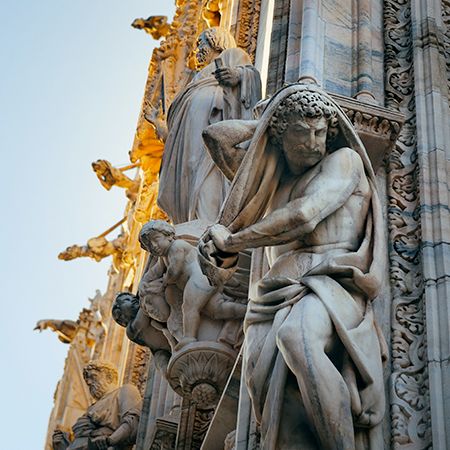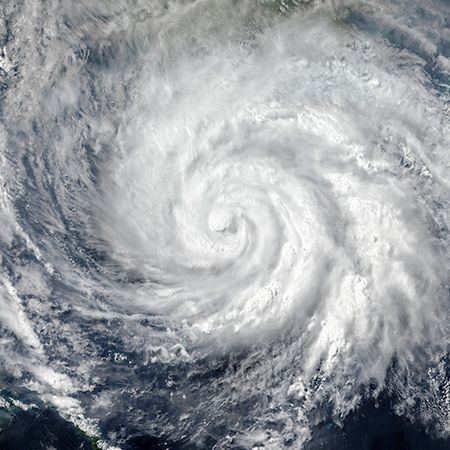Social responsibility
For the Department, taking care means a constant commitment to rethinking and regenerating the built environment. It means designing in order to ensure an innovation process that connects the world of research with society and the productive system.
Build for life
The ABC Department has, over the years, become a place to imagine, experiment with, and assess the impact of new solutions for a built environment that is increasingly sustainable, healthy, safe, and inclusive. It is connected to new models and tools for designing, constructing, managing, and transforming buildings throughout their entire life cycle: Build for Life.
The Department supports the growth of society by providing multidisciplinary expertise to address challenges related to sustainability, energy efficiency, resilience of the built environment, safety, and inclusion.
The ABC Department is actively engaged in the Third Mission — all activities through which the knowledge it produces is made accessible to society and the economic system.
Areas of intervention
Our commitment is primarily expressed in three main areas: Enhancement, conservation, and management of the built heritage; Promotion of the built environment as a space for health, well-being, safety, knowledge, and inclusion; Territory and environment: climate mitigation and climate change.
Responding to global challenges: Observatories
The Department has 16 Observatories dedicated to knowledge sharing and technology transfer, with the aim of addressing the challenges of the built environment and the community.
Dinamiche territoriali, resilienza, piano salute
PDF 9.65 MBUrban Health, public space, and cities
PDF 5.29 MBSchools heading toward a new extraordinary
PDF 2.09 MBResilient Hospitals
PDF 4.60 MBSports Venues
PDF 3.02 MBWorkshops and productive activities
PDF 1.16 MBPlaces of music, art, and expression
PDF 1.03 MBStudent Residences
PDF 4.32 MBHousing welfare
PDF 3.16 MBDisability and resilience in the built environment
PDF 3.32 MBCultural heritage as a driver of development and tourism
PDF 3.11 MBTechnical systems and environmental comfort
PDF 0.67 MBInnovative Materials and Systems
PDF 2.69 MBDigitization
PDF 2.51 MBResilience of the flooded areas of Emilia Romagna
PDF 7.35 MBTemporary housing in emergency situations
PDF 7.58 MBThe Observatories complement the research program and support the University in establishing itself as a technological hub for the digitization of cultural heritage, promoting innovative approaches and international collaborations.
Third Mission
DABC is actively engaged in the Third Mission, which includes all activities through which the knowledge generated by the University is made accessible to society and the economic system, contributing to processes of not only economic but also social, civic, and cultural development.
Third Mission activities include the management of intellectual property, the creation of spin-off companies, contract research and services, intermediary structures, the enhancement of cultural heritage and activities, initiatives for public health, continuing education, and Public Engagement.
Self-financed projects
In order to enhance the impact of research and the Third Mission, DABC funds challenging and transdisciplinary research projects, promoting collaboration among the 21 associated Scientific-Disciplinary Sectors, in line with the actions outlined in the Strategic Plan.
The types of funded projects include the organization of scientific dissemination initiatives (seminars, workshops, study days, international conferences), the design and realization of exhibitions, and support for research activities through the purchase of equipment. Projects may be submitted by staff affiliated with the ABC Department; during the evaluation process, particular attention is given to proposals led by early-career researchers (research fellows or PhD students).
The selection of activities eligible for financial support is carried out by a scientific committee, based on the alignment with the Department’s strategic research lines, the transdisciplinary content, the degree of innovation, and the project’s potential to strengthen disciplinary development at an international level.
Link to the call for applications under update
For more information, you can write to: ricerca-dabc@polimi.it


